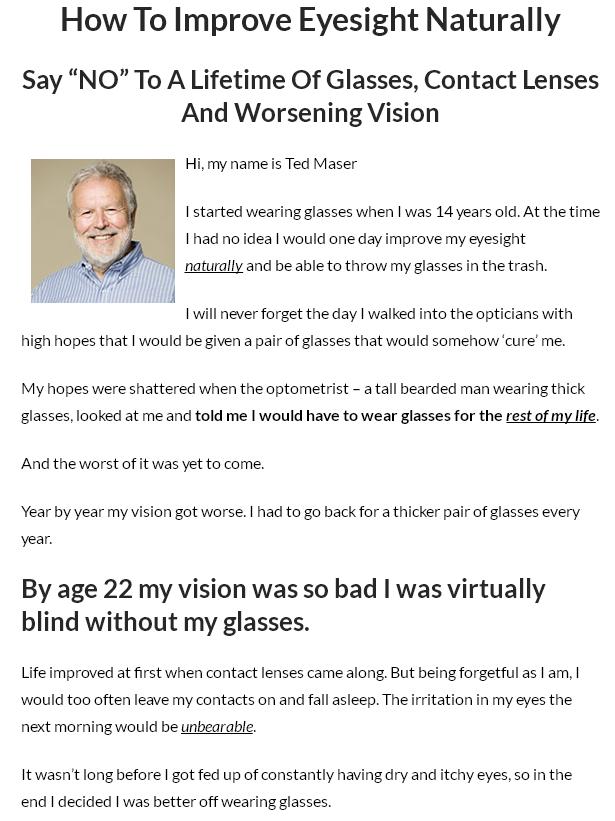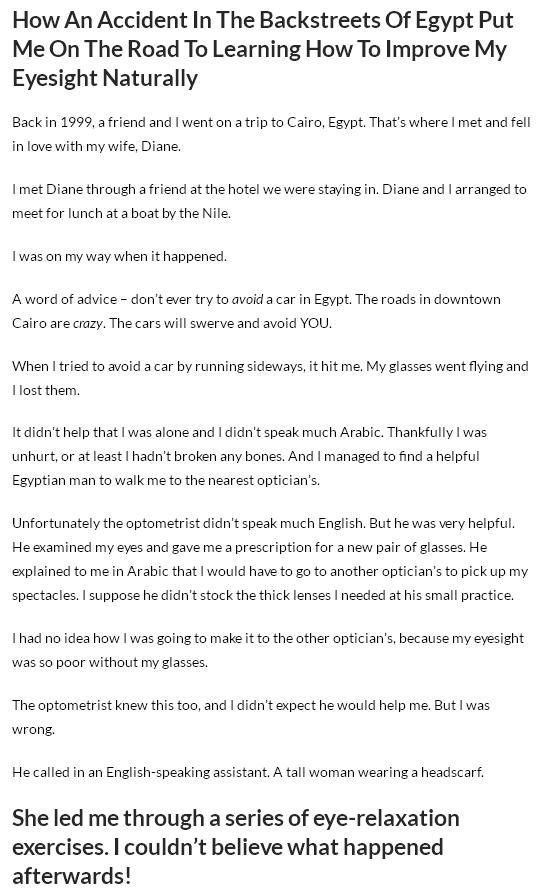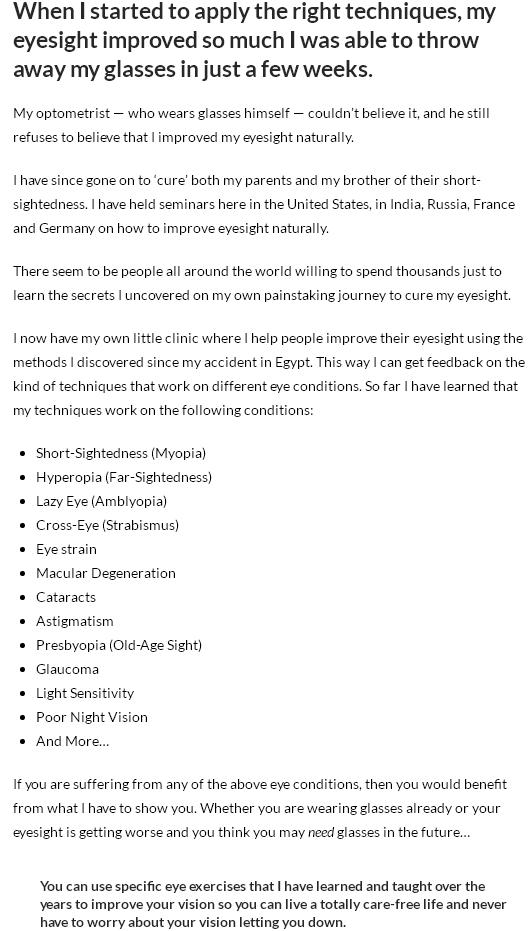by Kimberly Allen, RN
In recent years there have been significant advances in many areas in the field of medicine including new techniques for treating vision problems. New techniques have been developed allowing the surgeon to reshape your cornea. It’s called laser surgery. there are a variety of techniques the surgeon can use depending on your specific needs. The most commonly used technique used today is called LASIK, which stands for laser in situ keratomileusis. LASIK surgery can be used to improve different types of vision problem’s including nearsightedness, farsightedness, and astigmatism. During the surgery, the surgeon creates a flap in your cornea, he/she will then use a special laser to reshape your cornea correcting your vision problem.
Since the development of this procedure in the mid 90′s approximately 18 million Americans have had LASIK surgery to repair their vision allowing them to toss their glasses and contacts. But, is laser eye surgery right for you? Although LASIK surgery has a 90% success rate with patients being satisfied with the results that’s not always the case. There are many things that you need to consider. One being that changes made to the cornea during laser eye surgery can not be reversed. Following that, there are numerous other considerations including cost. Laser surgery is considered an elective procedure therefore many insurance companies won’t cover the cost. Then you need to remember laser surgery is still surgery and as with any surgery there are risks. Also, although millions of people have had laser eye surgery including some famous athletes like Tiger Woods and numerous baseball players most of which were successful, there are always going to be some that are not. Most people also expect to have perfect 20/20 vision after the procedure, however in many cases that is not the case. Most people with laser eye surgery will have somewhere between 20/20 and 20/40 vision. Even when people do get 20/20 vision that doesn’t necessarily mean they have perfect vision. There could be some degree of impairment in detailed and precise vision. Most people that have laser eye surgery will still need those dreaded reading glasses when they get into their mid 40′s. The loss of the ability to focus from distant to close for reading related to the aging process is called presbyopia and laser surgery can not prevent nor repair age related vision loss. Also some people that have laser eye surgery to correct nearsightedness may need reading glasses sooner than if they had not had the surgery. Another thing you may not realize is that the benefits of laser eye surgery can diminish over time. In fact over 10% of people in the US that have had laser eye surgery need a second surgery to return their vision to the desired correction. This is called retreatment.
Laser eye surgery also has it’s benefits. For one thing it has a 90% success rate. Which boils down to 90% of those that have laser eye surgery receive their desired vision without the use of contacts or glasses. In fact, the improvement in vision in most cases is seen with in the first 24 hours, sometimes it’s almost immediate. There is also no pain associated with laser eye surgery and no bandages to change and no stitches to heal or dissolve after surgery.
So who is a good candidate and who isn’t for laser eye surgery? One of the first things your doctor will consider is age. You need to be at least 18 years of age and in some cases 21 years of age depending on the type of laser treatment you are looking for. The reason for this is your vision continues to change until the age of 18. If you are pregnant or nursing, your doctor will recommend waiting as these conditions can alter the refraction of your eyes. People taking certain medications like oral prednisone should not have laser eye surgery. Your overall health is also a very important issue. People that have impaired immune systems as well as those that suffer from autoimmune disorders like rheumatoid arthritis and lupus are not good candidates. Eye health is important as well. for example if you have had problems with dry eyes before having laser surgery it could have an effect on your surgery as well as after surgery. Also, most doctors will not do the surgery until your vision is stable.
So if you are considering laser eye surgery some of the things you want to ask yourself and discuss with your doctor are first of all what are your expectations? Are they unrealistic? Carefully consider the risks vs rewards. If you’re active in sports or work in certain types of jobs laser eye surgery may not be your best option. In the end if it really doesn’t bother you or interfere with your lifestyle laser eye surgery is an elective procedure you may want to pass on.
Kimberly Allen is a registered nurse with an AND in nursing. She has worked in ACF, LCF and psychiatric facilities, although she spent most of her career as a home health expert. She is now a regular contributor to HealthAndFitnessTalk.com, dispensing advice and knowledge about medical issues and questions. You can reach her with any comments or questions at mussatti3@gmail.com.
Follow the discussion about Is Laser Eye Surgery Right For You?.



